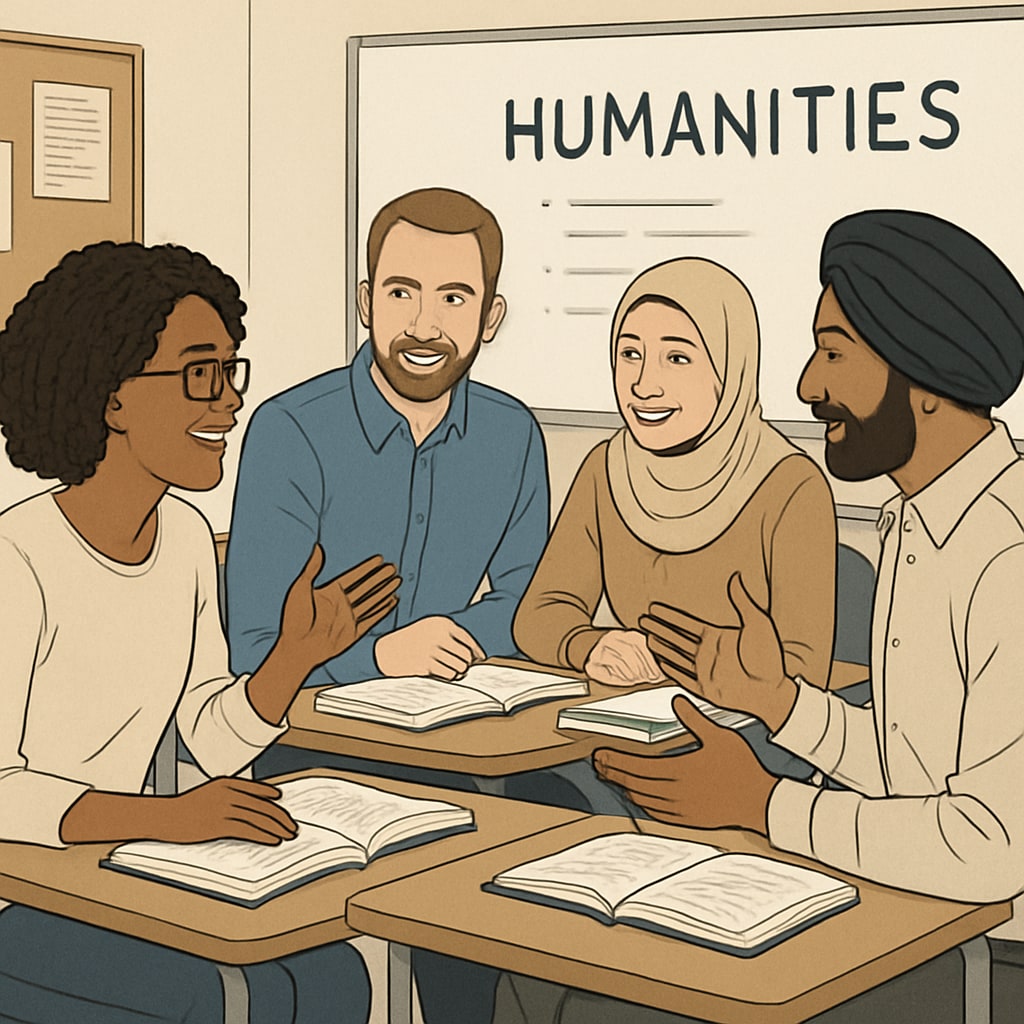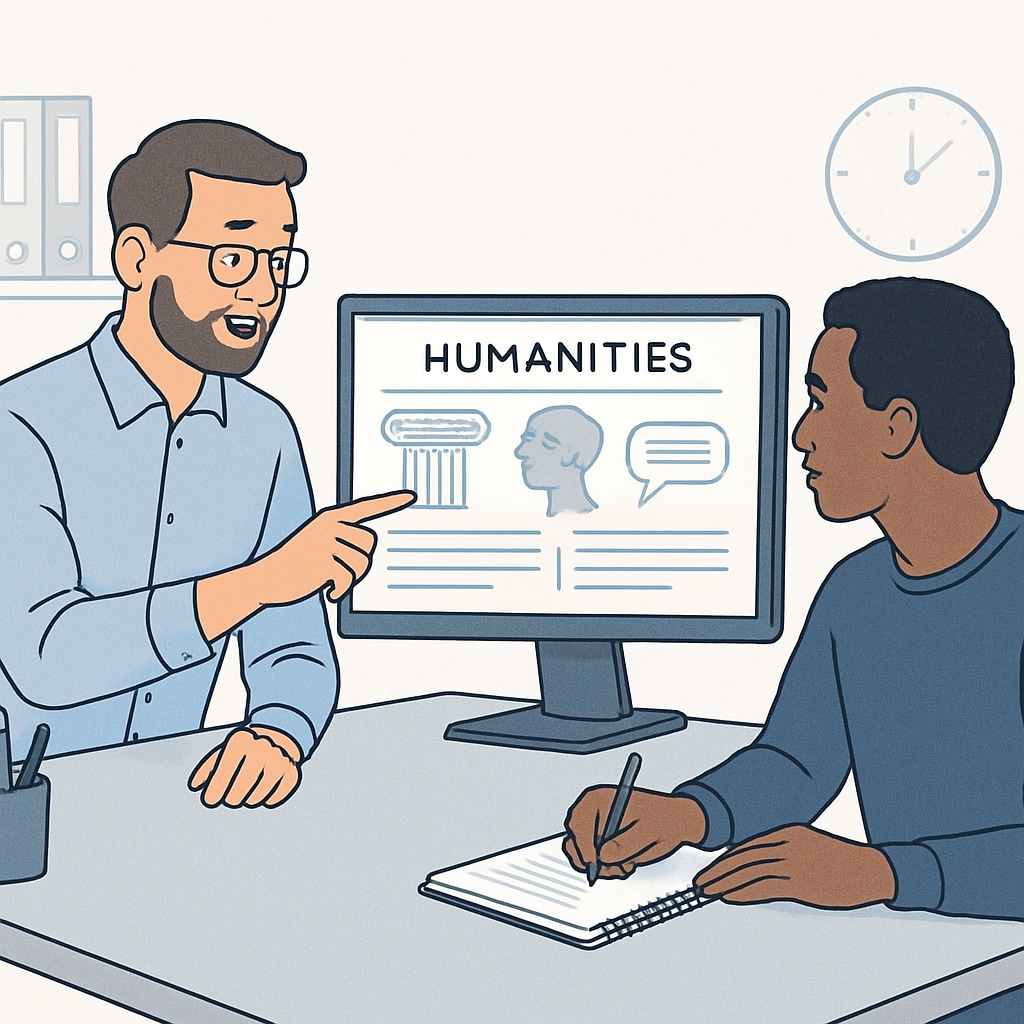Adult international students often encounter significant challenges when adjusting to Western education systems, particularly in bridging humanities knowledge gaps. These gaps can hinder their academic progress and cultural integration, making it essential to provide effective educational resources and strategies. By addressing these challenges, educators and students alike can create a pathway for success that fosters both academic achievement and cultural understanding.
Understanding the Challenges Faced by Adult International Students
For adult international students, adapting to a new educational culture involves more than language proficiency. Many students come from educational backgrounds that emphasize technical or STEM (science, technology, engineering, and mathematics) subjects, with less focus on humanities such as history, philosophy, and literature. This creates a “knowledge gap” that can make assignments, discussions, and coursework in Western institutions more difficult.
Additionally, cultural differences can amplify these challenges. For example, Western humanities education often emphasizes critical thinking and debate, which may feel unfamiliar to students from cultures that prioritize rote memorization or hierarchical teaching methods. Understanding these barriers is the first step toward creating effective support systems for adult learners.

Practical Strategies for Bridging Humanities Knowledge Gaps
To support adult international students in overcoming these gaps, educators and institutions can implement targeted strategies:
- Supplementary Courses: Offer introductory courses in Western humanities subjects tailored to international students. These courses can provide foundational knowledge and context for advanced studies.
- Interactive Learning Tools: Utilize online platforms like Khan Academy and Britannica, which provide accessible resources on a wide range of humanities topics.
- Cultural Workshops: Organize workshops that explore Western cultural and intellectual traditions, helping students understand the context behind their coursework.
- Mentorship Programs: Pair international students with mentors who can guide them through the nuances of Western humanities education.
- Peer Support Groups: Encourage collaboration and discussion among students to promote shared learning and cultural exchange.
By combining these strategies, educators can create a comprehensive support system that addresses both academic and cultural challenges.

Resources for Self-Learning and Academic Success
While institutional support is crucial, adult international students can also take proactive steps to bridge their own knowledge gaps. Some recommended resources include:
- Online Libraries: Platforms like Project Gutenberg (Project Gutenberg) offer free access to classic literature and humanities texts.
- MOOCs (Massive Open Online Courses): Websites like Coursera and edX provide affordable courses on topics ranging from Western philosophy to art history.
- Community Centers: Many local libraries and community centers host events or workshops that explore humanities topics in accessible formats.
- Podcasts and Videos: Channels such as TED Talks and YouTube provide engaging explanations of complex humanities concepts.
These resources allow students to learn at their own pace while gaining confidence in their ability to engage with humanities subjects.
Promoting Cultural Integration Through Humanities Education
Humanities education serves as a powerful tool for promoting cultural integration. By learning about Western history, philosophy, and literature, adult international students gain insights into the cultural values and societal norms that shape their new environment. This understanding not only enhances their academic performance but also fosters a sense of belonging and mutual respect.
In addition, collaborative learning experiences—such as group projects and cultural exchange programs—can deepen students’ appreciation for diverse perspectives. These interactions enrich the educational experience and contribute to a more inclusive academic community.
In conclusion, bridging humanities knowledge gaps for adult international students is a multifaceted challenge that requires both institutional support and individual effort. By leveraging the strategies and resources discussed above, educators and students can create an environment where academic success and cultural adaptation go hand in hand.


